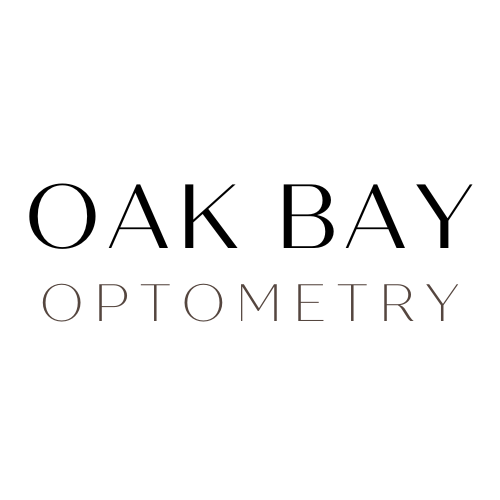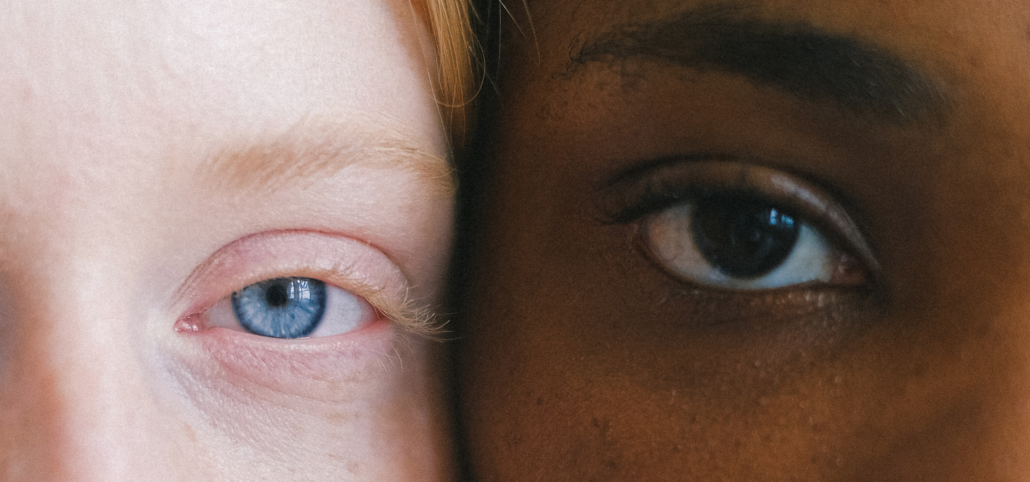What you need to know about Cataracts…
What is a cataract?
Within our eyes, we have a transparent disc, called a crystalline lens. This lens transmits and focuses incoming light towards the back of the eye, the retina, to help us develop an image. When this lens becomes cloudy it is called a cataract.
As a cataract grows larger over time, and affects more of the lens, it can make it harder for you to see clearly.
How do cataracts develop?
The most common cause of cataracts is age. As we get older, the proteins in our lenses start to break down, clump together and cause cloudiness.
Other reasons for developing cataracts include prolonged UV damage, a family history of cataracts, certain systemic conditions such as diabetes, hypertension and autoimmune disease, trauma to the eye, certain medications, smoking, and congenital conditions.
Cataracts most commonly develop gradually but can rapidly progress over a short period of time. A cataract may develop in one eye at a time or both simultaneously.
What are the symptoms of a cataract?
Early symptoms of cataracts are generally mild and most commonly related to your vision.
You may experience changes in you vision such as blurriness, double vision, ghost images or halos, being extra sensitive to light and glare (for example, oncoming headlights while driving at night), having trouble seeing well at night, needing more light when you read, and seeing bright colors as faded or dull.
How are cataracts diagnosed?
Cataracts are diagnosed with a comprehensive eye exam, often with the use of retinal photos and pupil dilation.
Learn more about our comprehensive EYE EXAMS here.
Cataract Treatment
In the early stages, your optometrist may prescribe an updated glasses or contact lenses prescription to give you the sharpest vision possible.
In the later stages, your optometrist will refer you to an ophthalmologist who may recommend surgical removal of the cataracts.
Anything to prevent?
There are a few things you can start doing today to help slow the development and progression of cataracts:
- Protect your eyes from the sun, wear sunglasses with UV400 protection and a hat to prevent harmful UV rays from reaching your eyes. Consider UV protection for your eyes on overcast days as well, though UV rays may not be as strong, damage is still possible.
- Quit smoking or don’t start.
- Eat a healthy well-balanced diet full of antioxidants from berries, leafy greens, nuts and beans. Leading a healthy lifestyle to avoid the development of systemic conditions such as diabetes and hypertension is also helpful.
Going for a comprehensive eye exam regularly is important even if you’re not experiencing any symptoms. Your optometrist will help monitor your overall eye health, including the development and progression of cataracts.
Depending on your age and health history, the Canadian Association of Optometrists recommends adults have an eye exam every 2 years and children and seniors have an annual eye exam. Not sure when to have an eye exam? Click here to learn more from the CAO.

